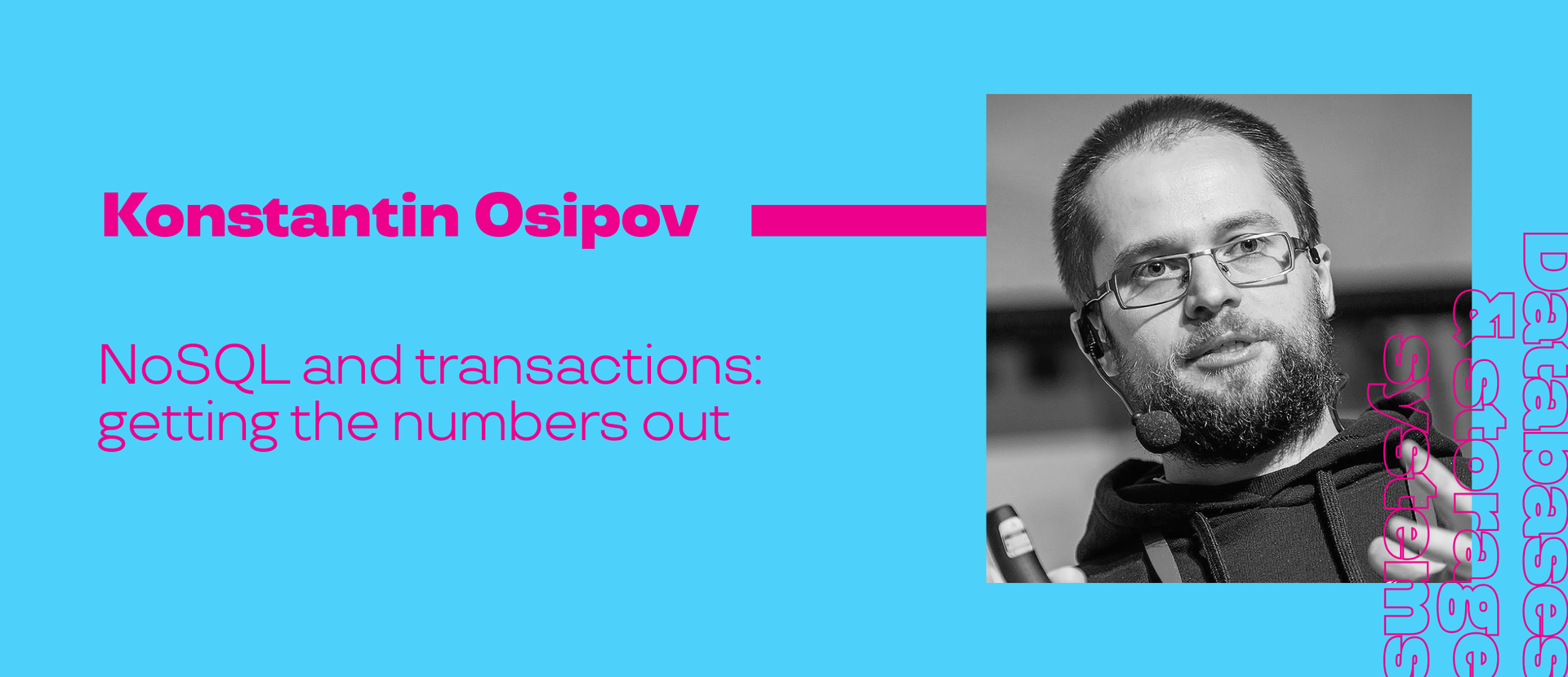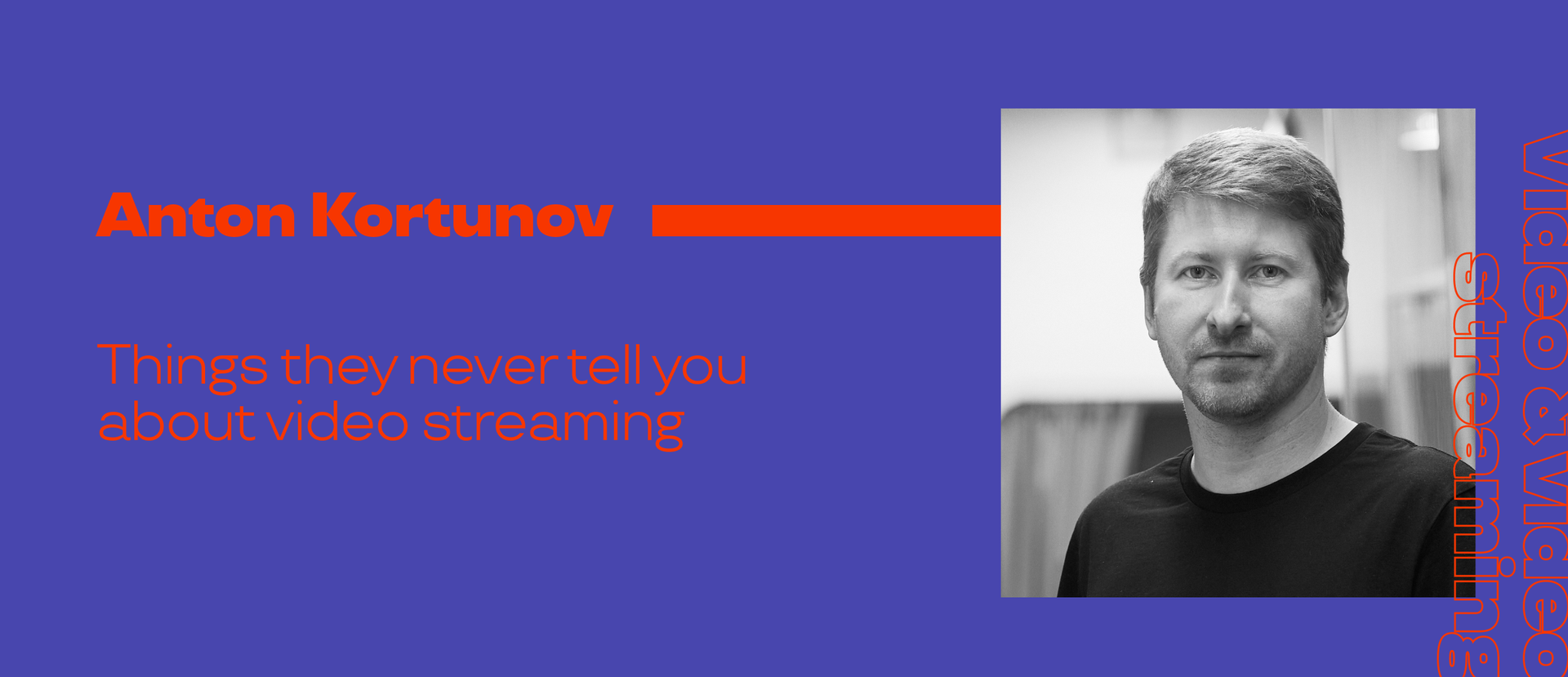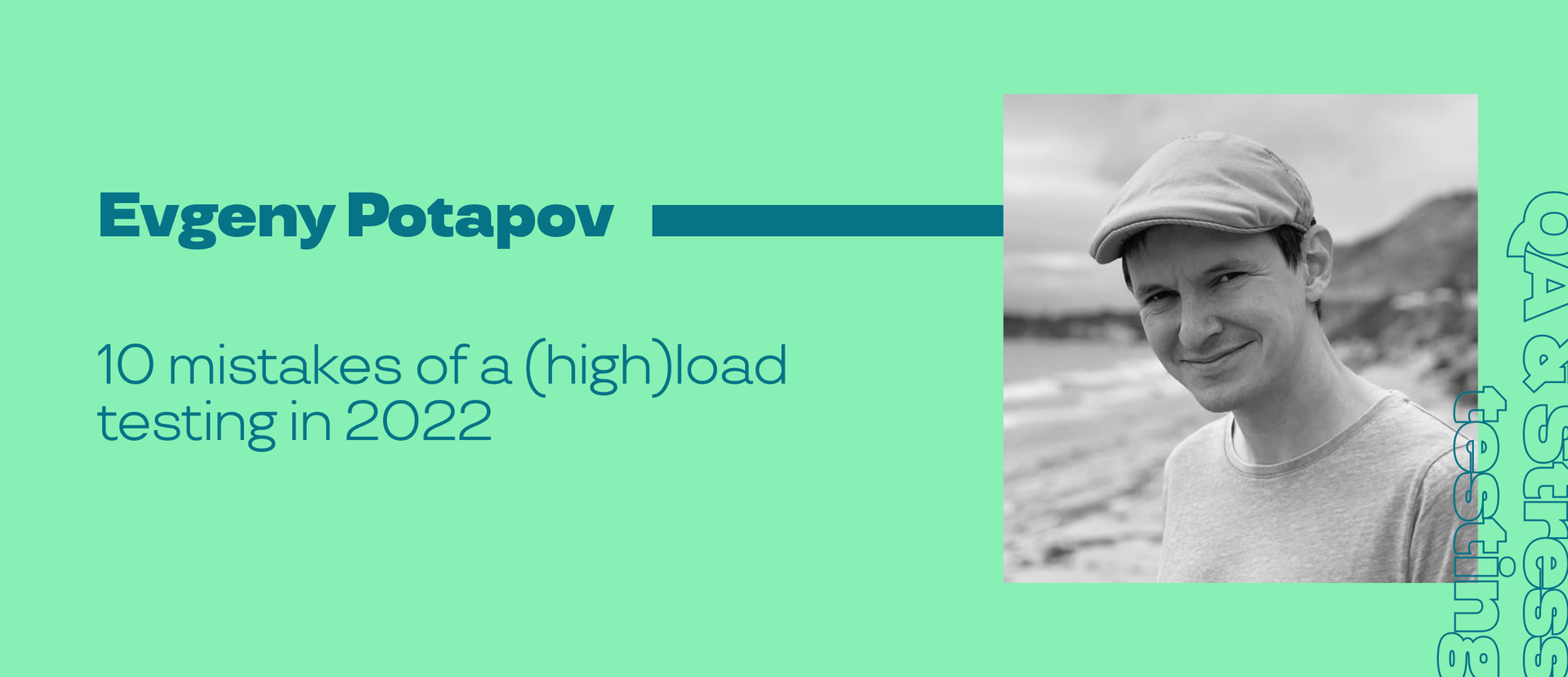Recap: Top 8 talks of HighLoad Armenia. Part 1
Hello, dear friends!
The biggest IT-conference in Eastern Europe is closer than you think.
HighLoad++ team has been holding conferences for IT specialists for more than 15 years, so we are absolutely sure that all talks are up to date and very useful for highload developers.
We will meet you in Yerevan on December 15-16. Professional conference for developers of high-load systems is supported by Yandex, who has 25 years of expertise in developing high-load services that are used by millions of people all over the world.
Visit the conference to meet the best IT specialists, study real cases and get inspired by new ideas and success stories.
Buy a ticket
Top 9 talks of HighLoad++ Armenia
Most of microservice architectures and distributed applications require some kind of messaging service. It is called a message broker or a message queue, and it is an inevitable element of a system design.
There are quite a few of them, with their own pros and cons. The wrong choice of this element could lead to problems with scalability or fault tolerance in your application.
In his talk Mons Anderson (Tarantool & VK Cloud) will point out the key aspects of choosing a queue as well as guide us through the comparison of RabbitMQ, Kafka, NATS and other candidates.
Konstantin Osipov (ScyllaDB) and his team built an open source instrument that benchmarks transactional workload with multiple NoSQL vendors in the cloud. In this talk, Konstantin will present the tool, the method, and benchmarking results. This talk covers MongoDB, CockroachDB, FoundationDB and YDB in varying degrees.
In an effort to maintain both consistency and scalability, the NoSQL ecosystem has been rapidly providing transaction support.
From pioneers, focused squarely on scaling transactional workloads, to followers, adding transaction support to eventually consistent data stores, more and more vendors are trying to get on board of the relational database train. The idea of serverless scalability of a strongly consistent workload is quite attractive, so the team evaluated a few vendors from the cost-per-transaction perspective, comparing their performance with one popular open source relational database. In this talk Konstantin will present the method, the tool, which he and his team made available online, and the evaluation results.
There are IT engineers that make video streaming services. There are video engineers that know how to shoot videos. These two species almost never interact. In this talk, Anton Kortunov (Yandex), an IT guy, will share with us what he has learned from video guys over the last 5 years.
Almost nobody knows how easy it is to lose video quality within the video processing pipeline. In his talk Anton will go through these sections:
- why audio tracks are more important than video tracks
- a video is not just a sequence of images, how to use shutter speed on video cameras, stroboscopic effects
- interlaced videos: why they exist and how to deal with them
- frame rate conversion and its disadvantages
- image gamma and image resize: why you keep resizing images incorrectly
Evgeny Potapov (DevOpsProdigy, USA) in his presentation, wants to go over the main problems that they see in their work and which lead to incorrect results of load testing or to incorrect interpretation of test results. He will tell us how to avoid them both from a technical point of view and from an organizational one (in a conversation with a business), and how to try to integrate the testing process into the regular process of development, breaking down silos.
Common mistakes:
- The project was tested for 5 minutes instead of a long time,
- The test profile was defined incorrectly;
- Staging/Pre-prod environments were tested and production has a completely different infrastructure
- site returned HTTP 200 when it wasn't actually working;
- some of the microservices were tested in isolation from others and in production they work in connection to each other.
- and a million more reasons.
To be continued...
See you at the conference!




